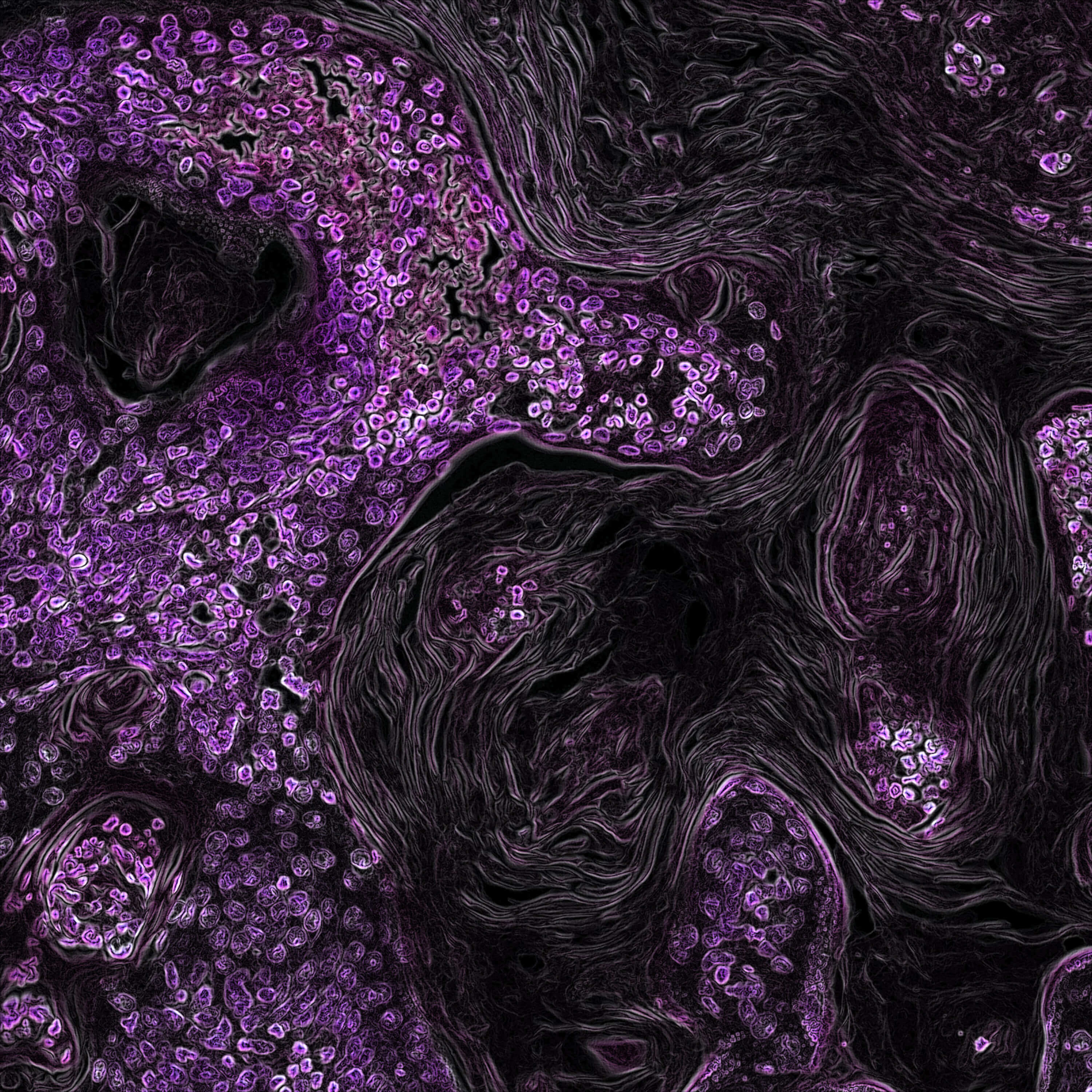Partnering to Turn the 'Undruggable' into Promising Targets

In the world of drug discovery, “undruggable” targets are like the stubborn children of biology, proteins that are considered too challenging to bind with conventional molecules. With the rapid pace of scientific advancement, however, the “undruggable” targets of yesterday now represent a promising new area of research.
Such is the case with deubiquitinating enzymes (DUBs), a family of some 100 proteins that play a role in regulating the right balance of proteins in cells. In 2017, academic researchers published breakthrough findings on this enzyme family, garnering interest in its potential to aid in treating cancer, as well as autoimmune, cardio-metabolic diseases.
The key to turning these cutting-edge insights into new medicines? Partnership.
Pfizer recently deepened its ongoing collaboration with Mission Therapeutics, a UK biotech company that researches medicines that target DUBs, enzymes which act as cellular waste disposal systems for toxic proteins. As a part of the partnership, Pfizer can access specific DUB inhibitors from Mission’s platform and test them as potential drug targets.
The recent announcement expands on Pfizer’s work in protein degradation: Last year, Pfizer formed the Innovative Target Exploration Network (ITEN), an early-stage collaboration model that includes leading institutions like Cambridge University, Oxford University, Imperial College and University College London in the United Kingdom. One of its key goals is to uncover critical findings about DUBs.
The ‘DUBs club’
“In order to be first-in-class with a drug, we’ve got to be first on the biology,” says Dafydd Owen, Director Medicinal Chemistry at Pfizer’s Cambridge, Massachusetts, research site. “It’s about interpreting academic innovation into timely programs.”
Recognizing that cross-disciplinary innovation starts within Pfizer, he added, scientists have created a “DUBs club”—a regular meeting of representatives from each of the research areas—to ensure that the collaborative studies are aligning with eventual therapeutic goals.
DUBs are the counterpoint to E3 ligases, which are enzymes involved in the ubiquitination process that tags proteins to be sent to the cellular “garbage disposal,” the proteasome.
As their name suggests, DUBS (deubiquitinating enzymes) counter the process of protein destruction by cleaving the ubiquitin unit from the protein it was tagging. This also allows the ubiquitin to be recycled and used elsewhere.
Scientists hypothesize that if DUBs are blocked or deleted, it can result in increased ubiquitination and removal of unwanted proteins.
Promising applications
Even though the science is still emerging, researchers are uncovering some promising therapeutic applications. DUBs have been shown to play a role in regulating protein levels such as p53, which is mutated in several types of cancers. Scientists are studying whether deleting certain DUBs has an overall effect on other such nodal proteins for oncology.
“If you found a DUB that was somehow controlling the abundance of these so-called undruggable targets, then drugging that DUB could be a way of tackling what’s driving the cancer,” says Owen.
A breadth of science
The breadth of science represented by the ITEN collaboration means researchers could have even greater success discovering potential new biological targets and better research tools. For example, researchers are conducting functional genomic studies on DUBs and developing cell-based models to test these proteins with medicines. Another group is using predictive computational biology to better understand structure in the protein family. This opens the possibility of virtual screening for new DUBs therapeutic targets.
By tapping into the unique skill sets of their research partners, Pfizer scientists hope to find the therapeutic areas where their knowledge on DUBs can make the biggest impact. “We’re bringing together complementary, non-overlapping expertise so we can move forward to develop innovative therapies for patients,” says Linda Lohr, a member of Pfizer’s Emerging Science & Innovation group, focused on translating emerging science into Pfizer’s early stage portfolio.
